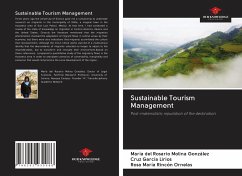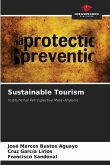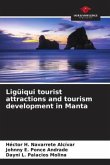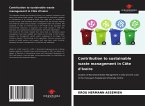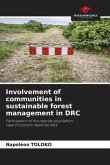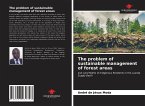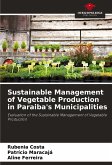Three years ago the University of Sonora gave me a scholarship to undertake research on migrants in the municipality of Xilitla, a magical town in the Huasteca area of San Luis Potosi, Mexico. At that time, I had conducted a review of the state of knowledge on migration in Central America, Mexico and the United States. Grossly the literature mentioned that the migration phenomenon involved the adaptation of migrant flows in central areas by their economy, but there were also indications that migrants assimilated the culture that received them, although the most critical works warned of a multicultural identity that the descendants of migrants selected no longer to adjust to the imponderables, but to transform and innovate their environment.Based on these references, I proposed a quantitative study of the migratory flows in the Huasteca area in order to anticipate scenarios of vulnerability, marginality and exclusion that would compromise the Local Development of the region.
Hinweis: Dieser Artikel kann nur an eine deutsche Lieferadresse ausgeliefert werden.
Hinweis: Dieser Artikel kann nur an eine deutsche Lieferadresse ausgeliefert werden.

